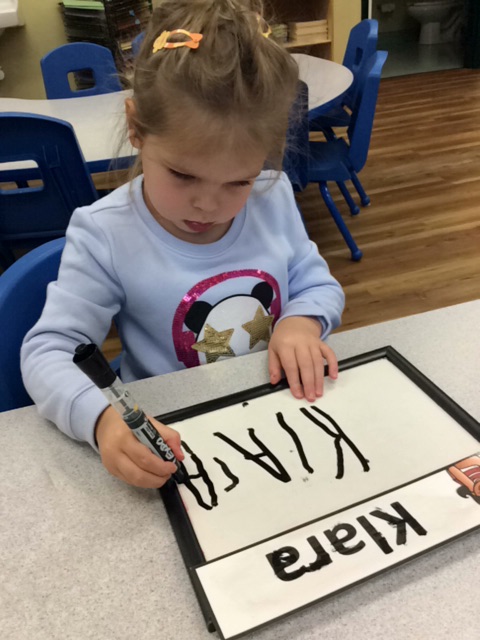The challenge is here! This is very exciting!
The challenge will be based on introducing small, very easy to do practices into your daily life. The idea is to turn them into a habit, so each new one should be added to the rest of them.
For the challenge, I recommend doing a Mediterranean diet or some other low-carb, no-processed-foods eating plan. I can quote studies showing the connection between that and mental health, if needed.
Make sure you start every day with making your bed. Really, it’s important.
Day 1 Activity (for 10/17).
Whenever you experience some sort of a sensory sensation, note when it ends. Let’s say you hear an ambulance sound. Take note of when it stops and say “over” to yourself. Or say you touch a cold doorknob. Take note of when the cold sensation subsides and say “over” in your head. Or aloud if you are alone. There’s no need to freak anybody out.
The goal of the exercise is to train the capacity to deal with painful situations. It’s something that people use, for instance, to do unmedicated pain management, both for physical and intense emotional pain. But that’s a skill you need to train. It doesn’t just surface when you need it.
I’ve done unmedicated pain management my whole life. There’s absolutely nothing that works better than the knowledge pain will end.
Welcome to the challenge and remember that the goal is to feel better.
